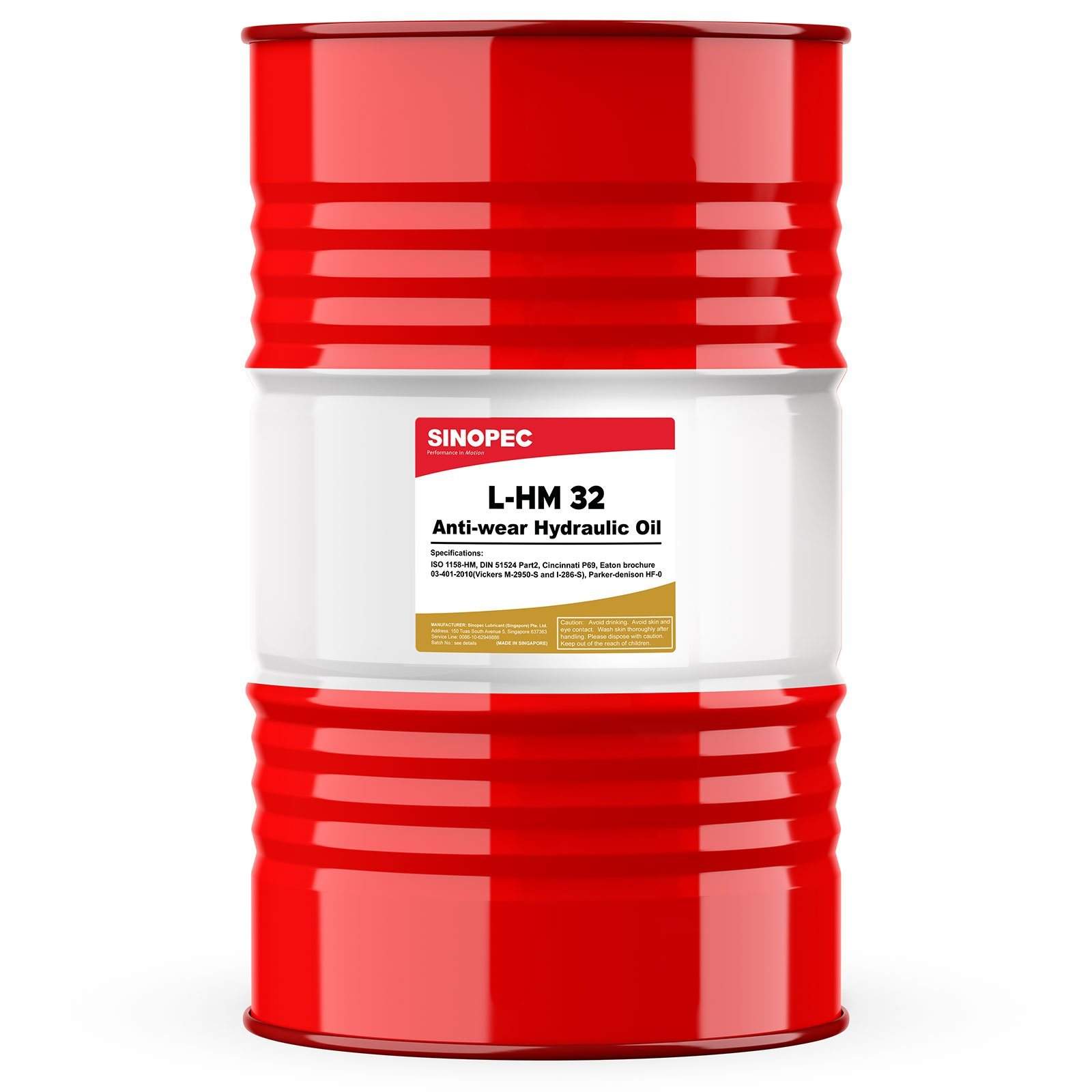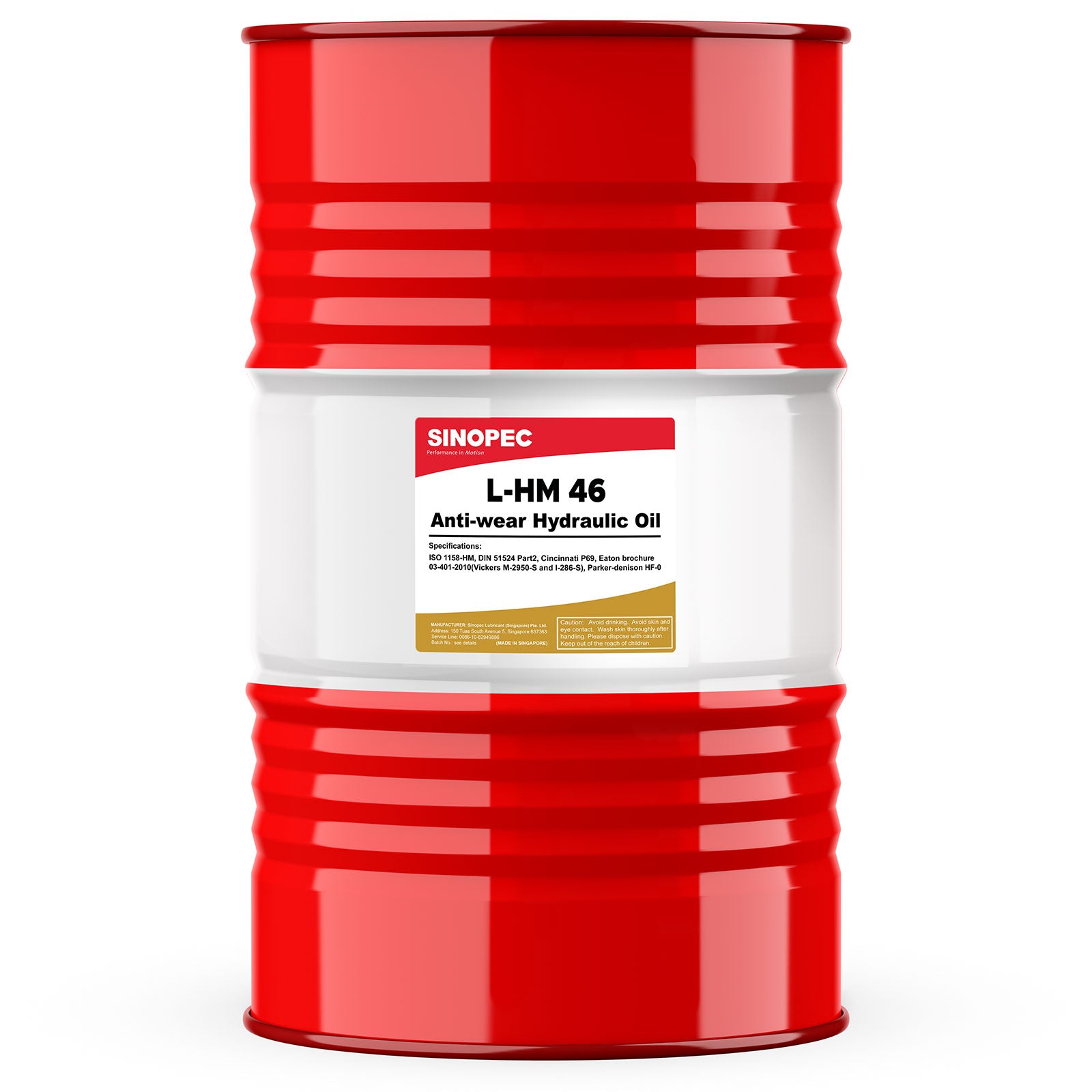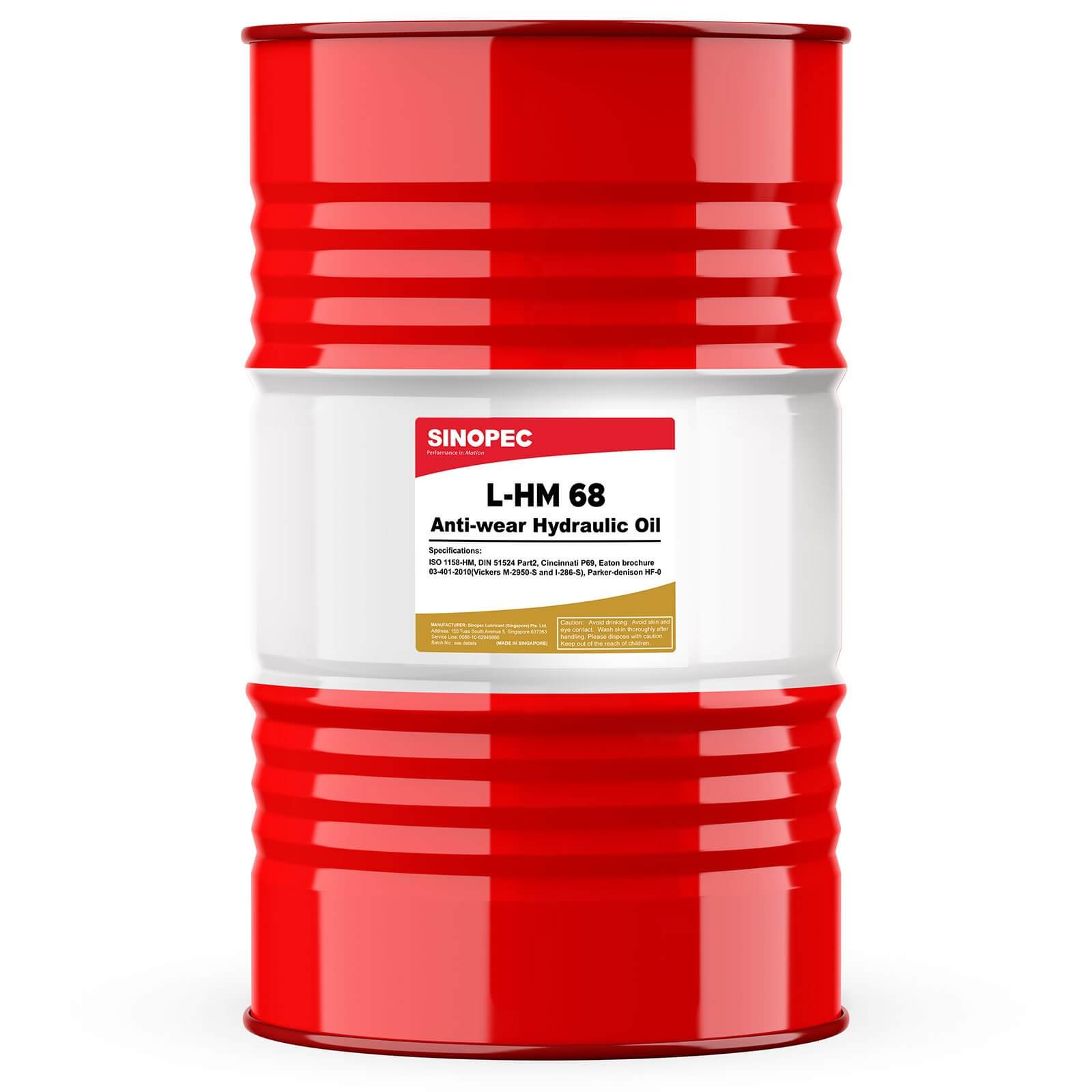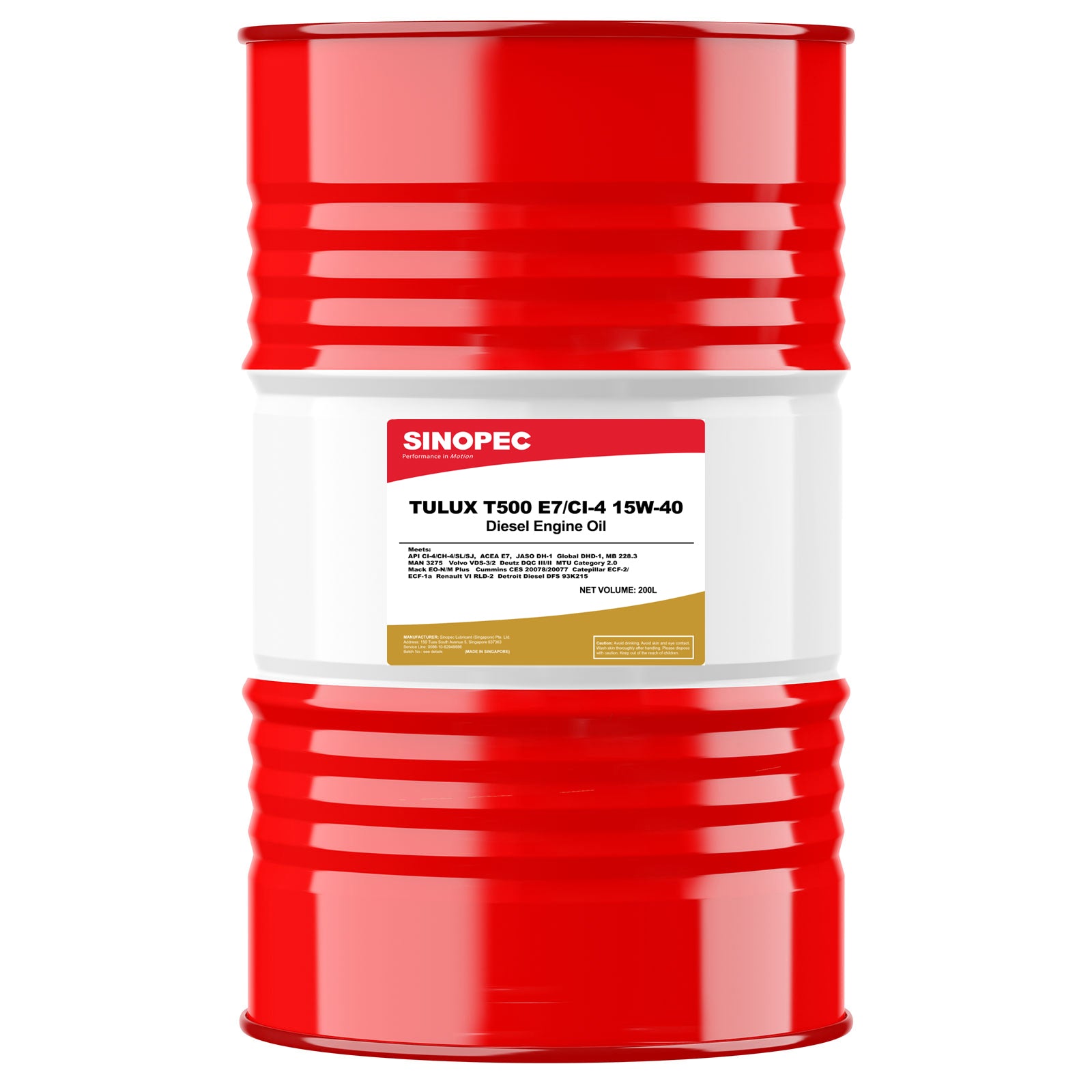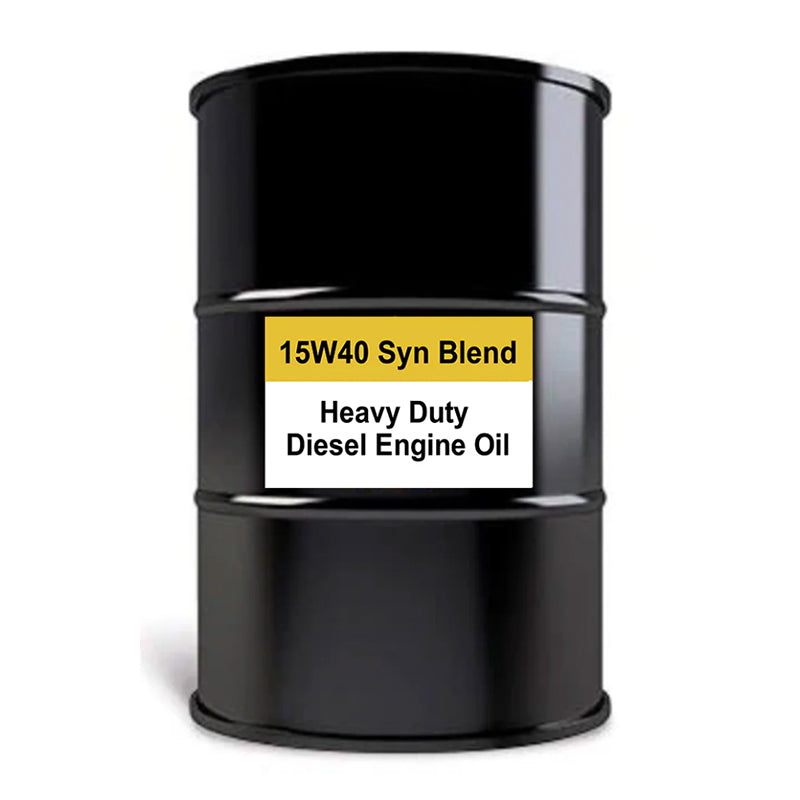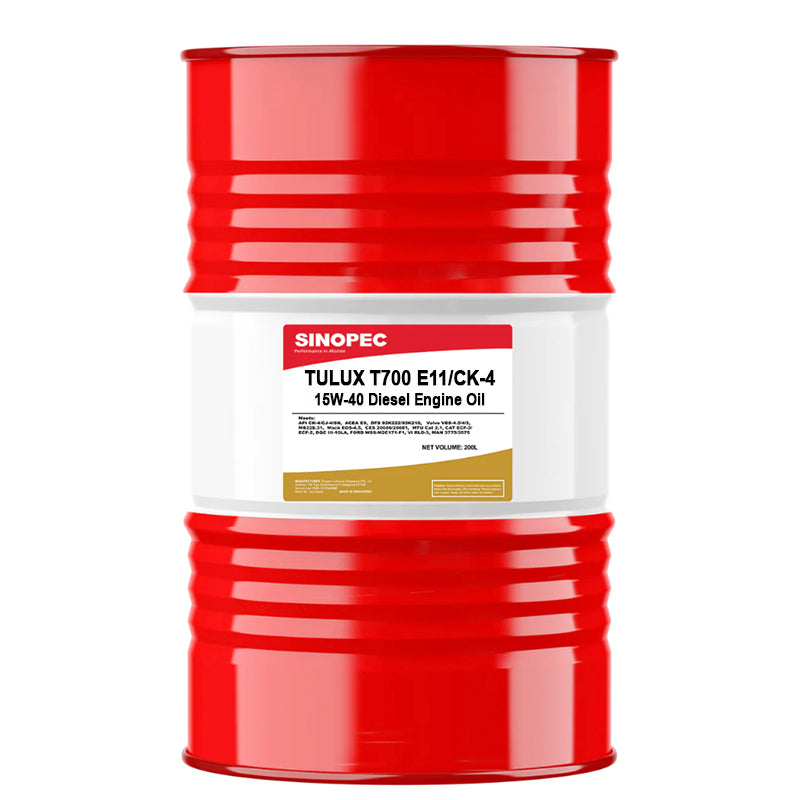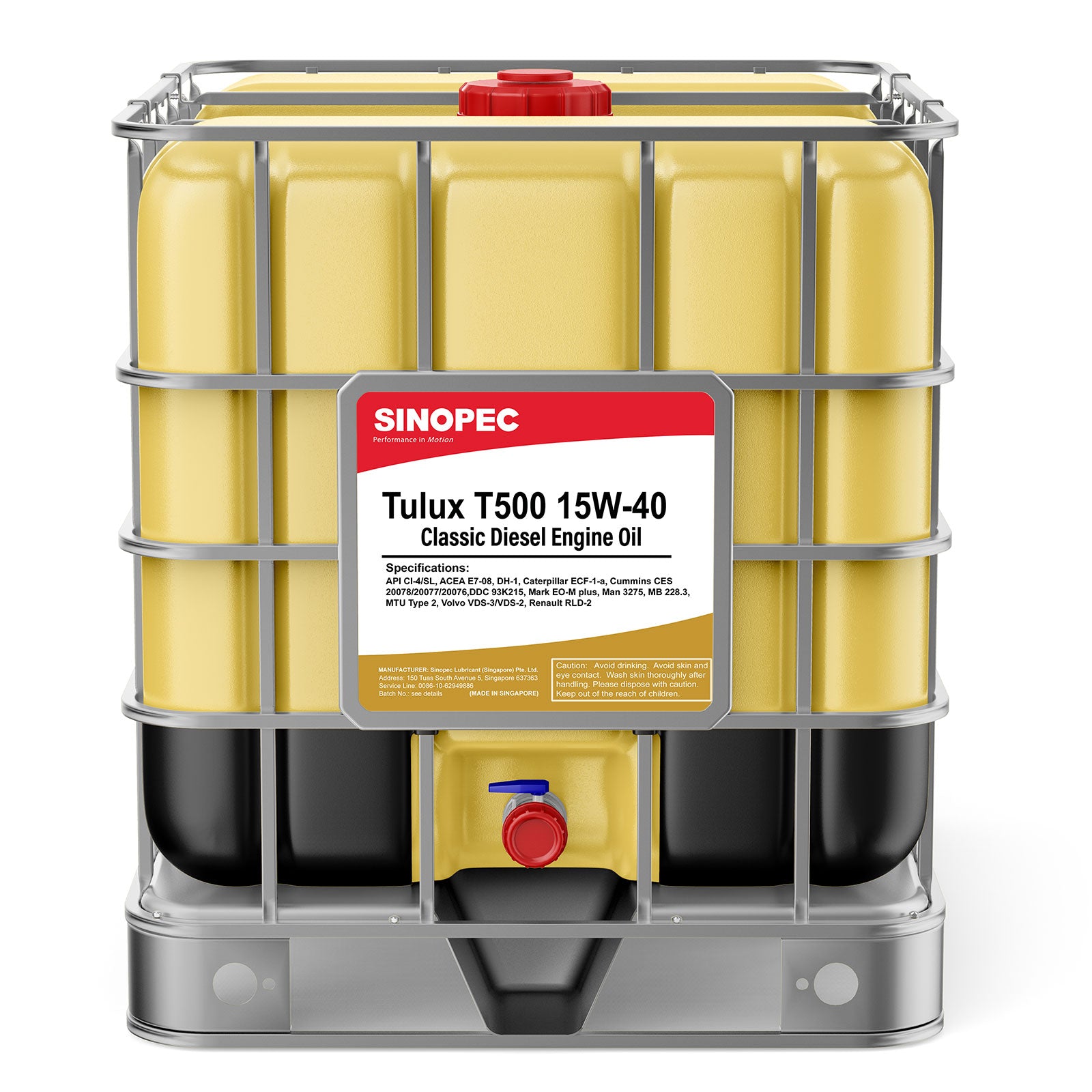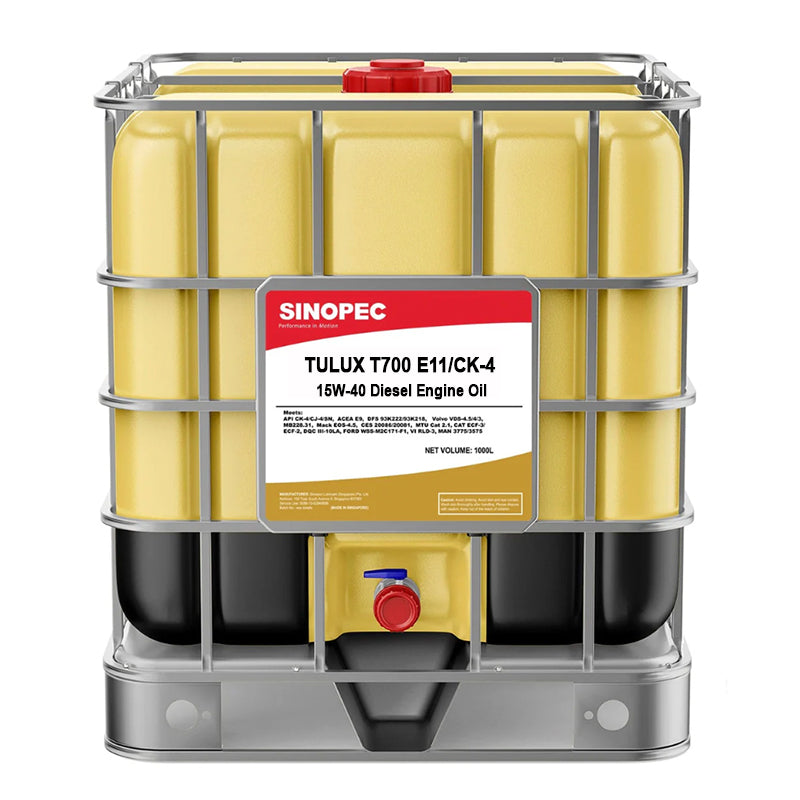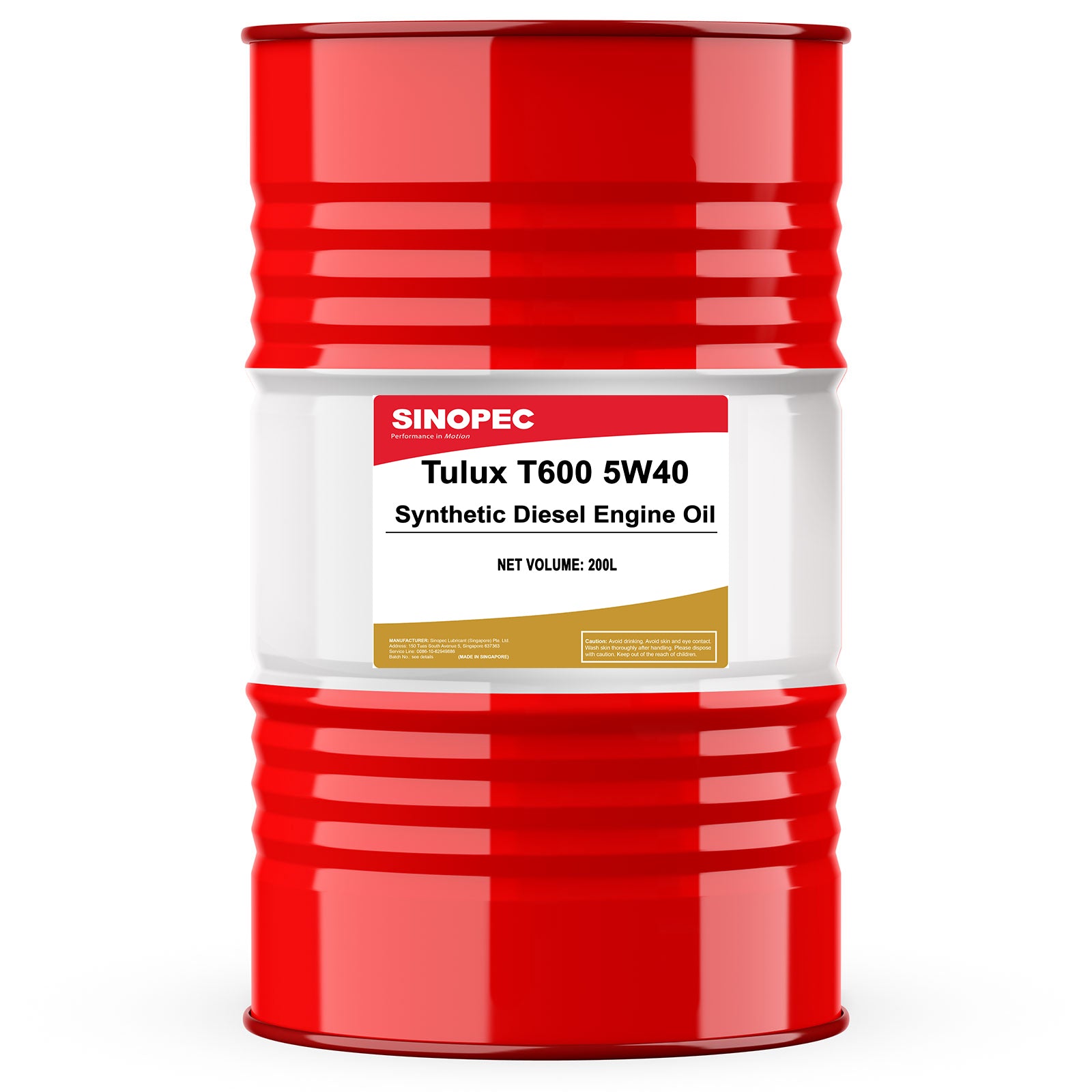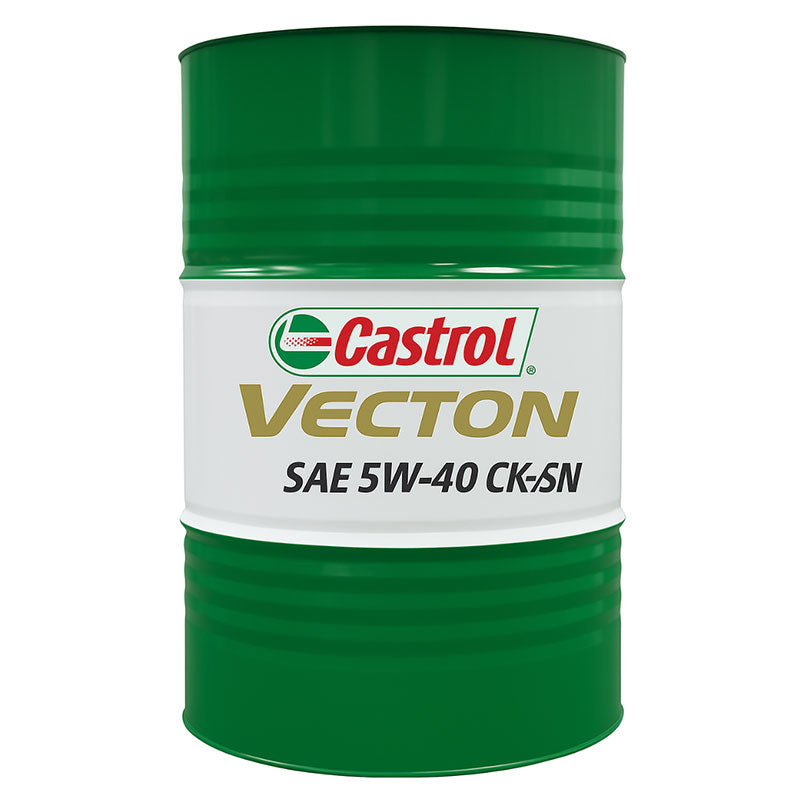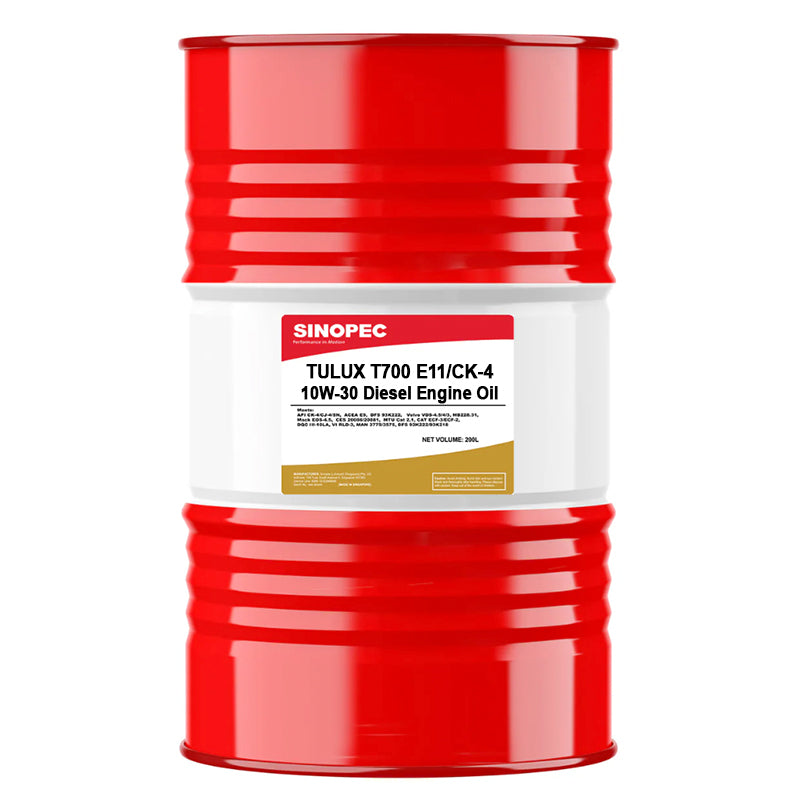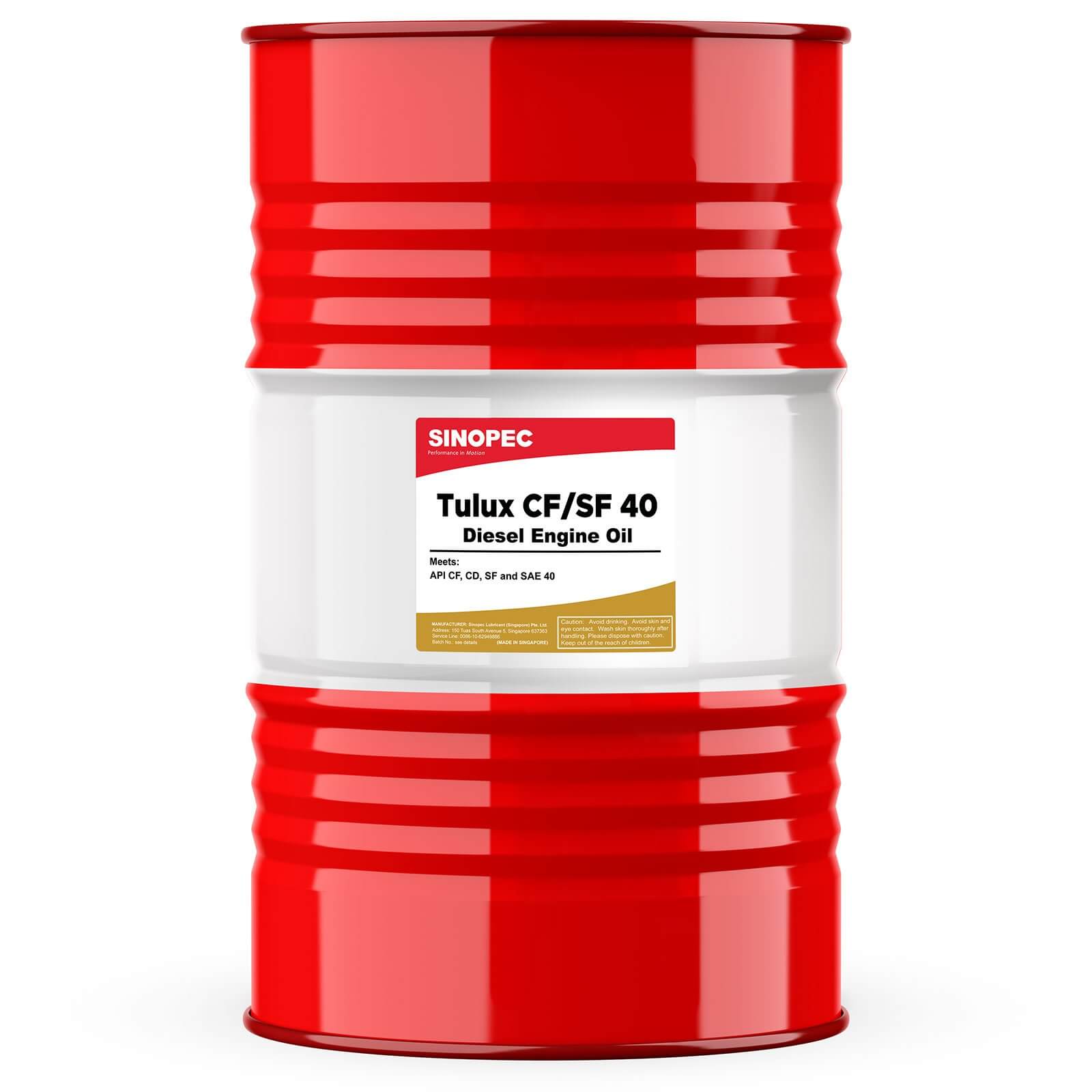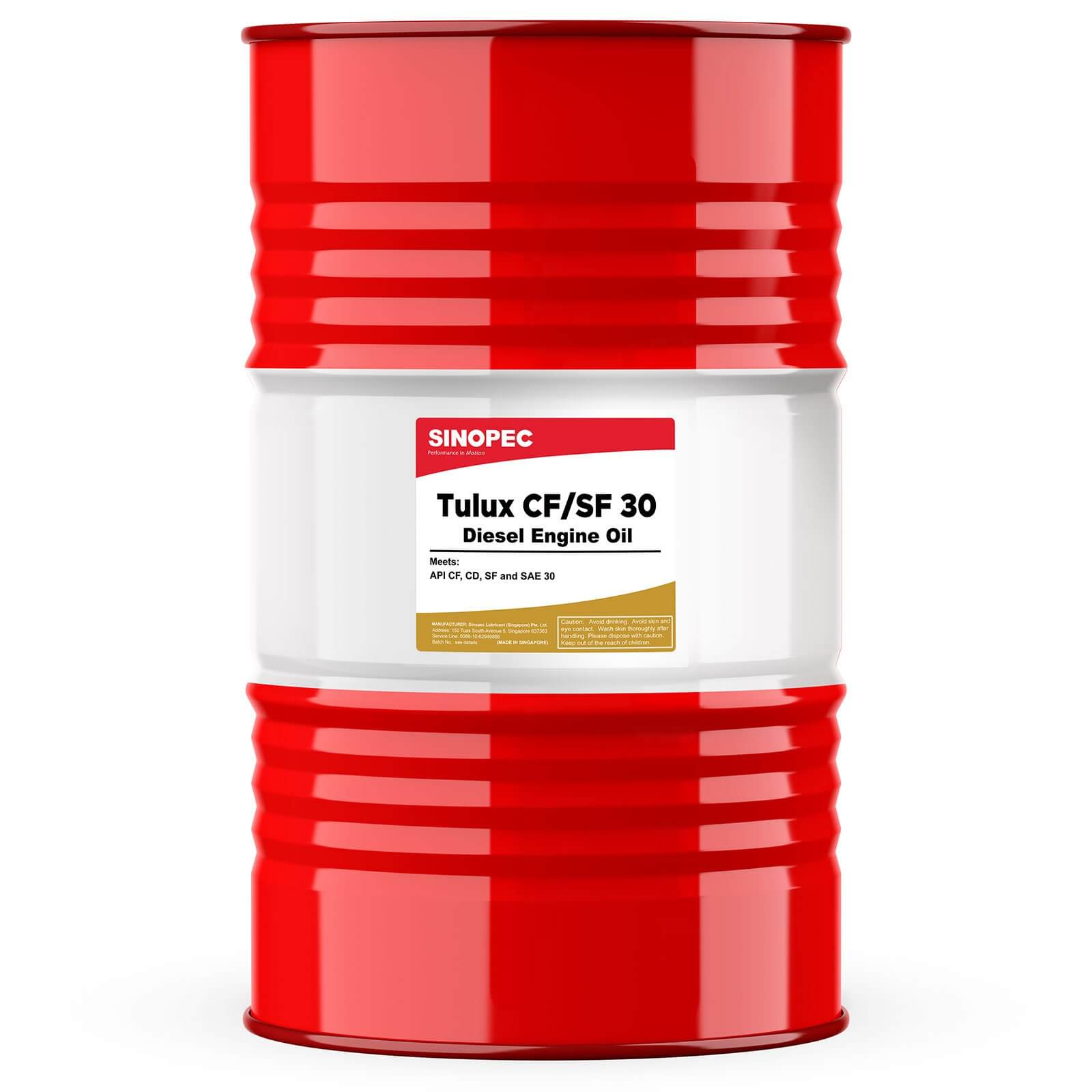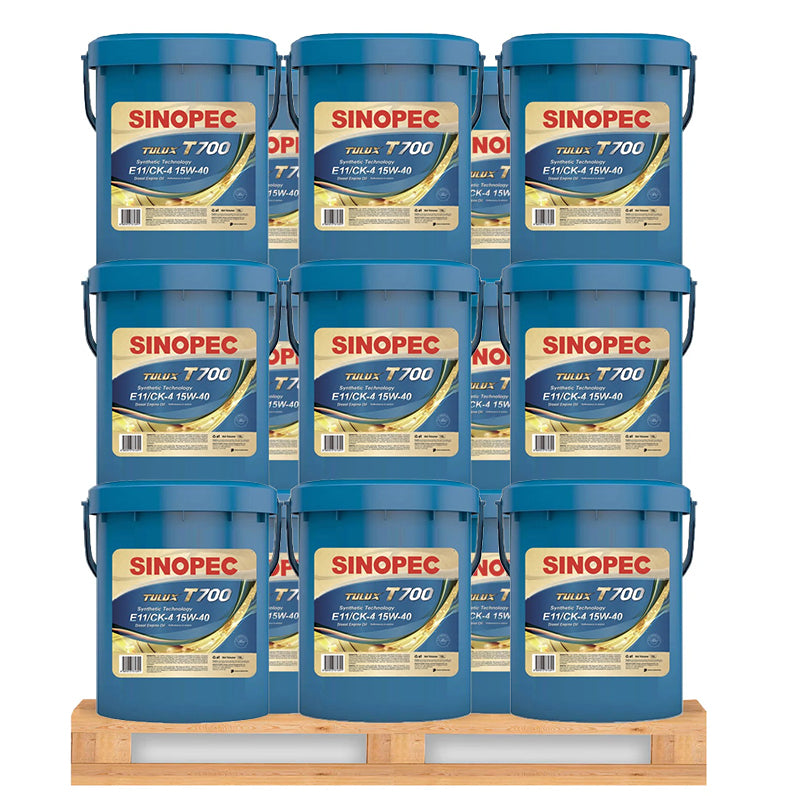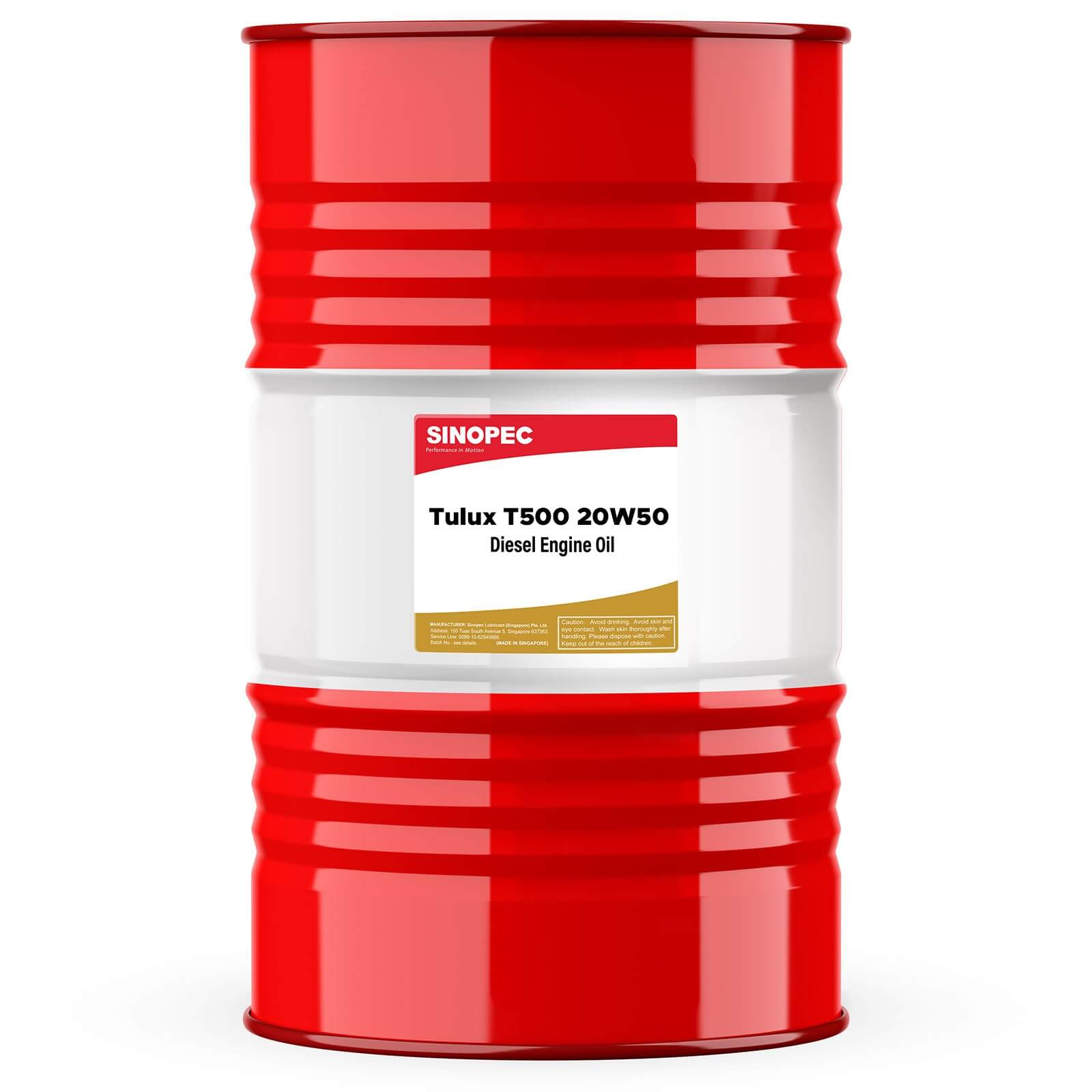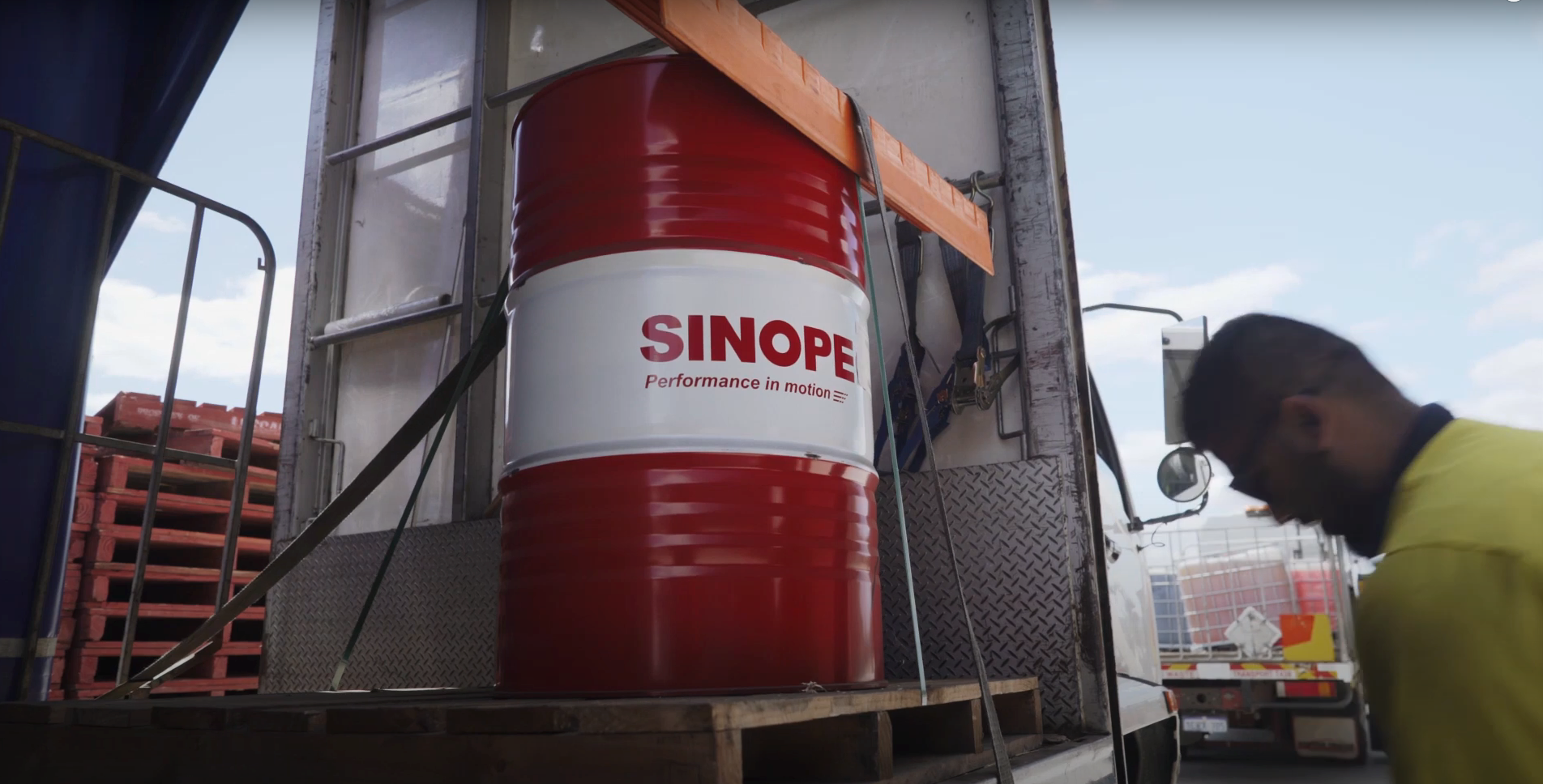DEF Fluid near me | Diesel Exhaust Fluid Wholesale PRICE Cheapest Diesel Exhaust Fluid | Diesel Exhaust Fluid Dealers | Bulk DEF Delivery | Diesel Exhaust Fluid Distributors | Blue DEF 55 Gallon Drum | Diesel Exhaust Fluid Bulk Delivery
DEF Fluid For Sale in Bulk | 2.5 Gal, 55 Gal | 275/330 Gal | Diesel Exhaust Fluid Price Per Gallon
Shop for DEF in Bulk | 2.5-Gallon Jugs | 55-Gallon Drum | 275-330 Gallon Tote | FREE SHIPPING | Best Prices | DEF Fluid Distributor | Supplier of DEF Fluid for Sale diesel exhaust fluid
- 2.5 Gallon Jugs
- 55 Gallon Drums
- 275-330 Gallon Totes
CALL 1-855-405-6789
DEF Fluid near me | Diesel Exhaust Fluid Wholesale PRICE Cheapest Diesel Exhaust Fluid | Diesel Exhaust Fluid Dealers | Bulk DEF Delivery | Diesel Exhaust Fluid Distributors | Blue DEF 55 Gallon Drum | Diesel Exhaust Fluid Bulk Delivery
WHAT IS DEF by SINOPEC?
Sinopec DEF is a mixture of 32.5% high purity synthetic urea and 67.5% deionized water that is used in Selective Catalytic Reduction (SCR) systems on diesel engines. DEF is the primary ingredient used to help convert NOx to harmless nitrogen and water.
Sinopec DEF is stable, colorless, non-flammable, non-toxic and is classified as minimum risk for tranportation. BlueDEF conforms to the ISO-22241-1 specification for DEF, is API registered and meets or exceeds OEM specifications.
HANDLING AND STORAGE
The shelf life of DEF is directly related to the temperature at which it is stored. Storage temperature between 12 and 90 Fahrenheit are recommended to maintain optimal shelf life of up to two years. If DEF freezes, its efficacy will not be effected upon thawing.
To maintain the purity of DEF and not harm the SCR Catalyst System care must be taken regarding the material of construction for all items that come in contact with the DEF solution. Included from the ISO-22241-1 standards are the recommended and not recommended materials for contact with DEF.
DO’S AND DON’TS FOR PROPER USE OF DEF
• Do fill DEF in designated DEF Tank
• Do keep DEF dispense equipment clean, and free from dust or dirt
• Do use only dedicated DEF equipment when handling/dispensing DEF
• Do not fill DEF into Diesel fuel tank
• Do not fill Diesel fuel into DEF tank
• Do not add water to DEF

Facts about DEF Diesel Exhaust Fluid
1. What is DEF made from?
DEF is a mixture of (typically) 2/3 deionized water and 1/3 urea. It's carefully regulated by the American Petroleum Institute. Technically, urea is derived from one of the byproducts of urine. But it's synthetically made, so no cats are ever harmed in the production of the fluid.
2. Do I have to fill the DEF tank with each fill-up?
No, depending on how much you're hauling, the rate of DEF use is about 2.5 gallons for 800 or so miles of travel. Depending on what year and model truck you have, you could have a fuel-gauge-like readout (Ram), a digital indicator (GM) or a simple "low" light (Ford).
3. You can't get DEF fluid anywhere.
As you might expect, truck stops are likely to carry several brands of DEF, sometimes in multigallon containers or available at the pump. Here are just a few places we've found that carry DEF: Walmart, TravelCenters of America, Flying J Truck Stops, Love's Travel Stops, Petro Stopping Centers, and Pilot Travel Centers. Plus, you can purchase it by the gallon at many auto parts stores like O'Reilly's and Advance Auto.
4. There are more cons than pros with a DEF-equipped truck.
The only cons we can find are that the trucks cost a bit more, DEF requires some room in your truck, and it adds a nominal amount of weight. The pros include more optimized combustion, better fuel efficiency, increased power, reduced maintenance, fewer regenerations, less wear on the engine, plus it yields harmless nitrogen and water into the atmosphere, and it's highly reliable.
5. NOx isn't a big deal in the first place.
NOx is an element in exhaust that has been blamed for acid rain, smog and raising the overall greenhouse gas levels of the planet. DEF, as part of a SCR system, turns NOx into harmless nitrogen gas and water (which is present in the air we breathe). Whether you believe these man-made chemicals have a role to play in climate change or not, NOx is something we don't need to spew into the environment.
6. On a hot day DEF will evaporate.
At a constant 120 degrees it would take two years for the DEF to turn into ammonia and evaporate. You can stop worrying about evaporation of DEF.
7. DEF will kill my fuel mileage.
Quite the contrary. Because the manufacturer is able to tune the engine any way it wants to, and then allow the SCR and DEF to take care of the pollutants, most manufacturers have discovered better fuel mileage (compared to other smog-reduction systems). Truck makers claim it improves fuel mileage by as much as 5 percent.
8. This is new technology that has never been used before.
Incorrect. SCR and DEF have been used for decades in other commercial and agricultural applications. We should note, automotive-grade urea has a much higher purity than fertilizer urea. If you use a lower-quality fertilizer urea you risk degradation of the SCR system, which could cause your truck to break down. It may even prompt the sensors to believe that the truck's DEF tank is empty.
9. DEF is nasty and toxic.
Hardly. Urea is the active ingredient in DEF, and it is used in fertilizers, plastics, animal feed, pharmaceutical applications and some cleaning agents (maybe that's why folks think it is toxic). DEF is less toxic than many other fluids in a truck, including diesel fuel, engine oil, brake fluid, antifreeze and windshield washing fluid.
10. What happens to my truck if I run out of DEF?
The EPA requires all truckmakers to incorporate some type of staged warning system (some offer actual gauges) to let the driver know exactly how close to empty the system is. Whether a vehicle goes into a "limp home" or reduced engine power or limits the number of times you can turn the engine on will depend on the specific car or truck, but at some point it will not start. Simply put, you should treat your DEF tank the same way you treat your fuel tank; you don't want to leave yourself stranded by ignoring the warnings.

